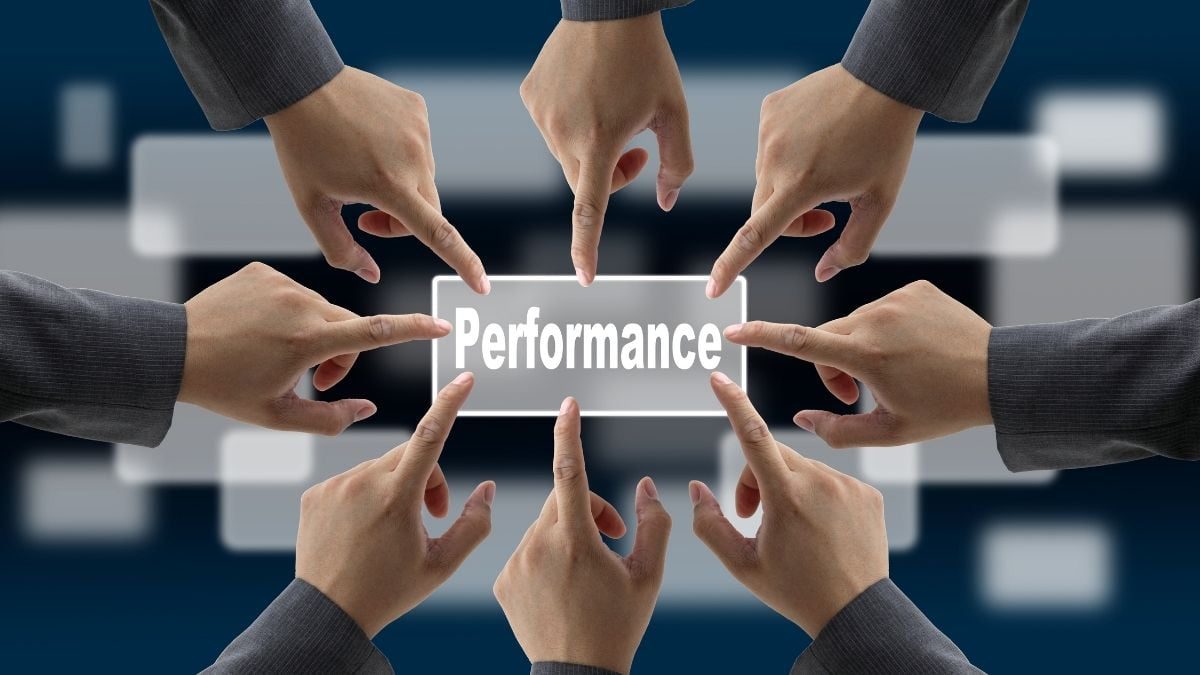khuyến mãi win55
₫5.072.771
Chào mừng bạn đến với khuyến mãi win55 © nơi bạn có thể nhận 88k để bắt đầu hành trình chơi game bài đổi thưởng. Đăng ký và trải nghiệm ngay!
Product description
Conflict Resolution and Team Dynamics: Navigating Challenges and Fostering Collaboration
Effective teams inevitably face challenges and conflicts, and the ability to navigate these situations constructively is essential for maintaining high performance. By developing strategies for conflict resolution and fostering a collaborative team dynamic, organizations can turn potential obstacles into opportunities for growth and strengthened team cohesion.
Remote and Hybrid Work Arrangements
The widespread adoption of remote and hybrid work models has profoundly impacted team dynamics and performance. Organizations must adapt by implementing effective communication, collaboration, and engagement strategies to support distributed teams and maintain high levels of productivity and cohesion.
Leadership and Team Performance: The Role of Effective Leadership
Effective leadership is a crucial component in fostering high-performing teams. Leaders play a pivotal role in setting the tone, shaping the team's culture, and empowering team members to achieve their full potential. By embracing a leadership style that combines vision, empowerment, and support, organizations can unlock the true potential of their teams.
Motivation and Engagement: Keeping Teams Inspired and Productive
Maintaining high levels of motivation and engagement is a crucial aspect of driving team performance. By cultivating an environment that fosters intrinsic motivation, recognition, and a sense of purpose, organizations can unlock the full potential of their teams, ensuring sustained productivity, innovation, and job satisfaction.
Providing Meaningful Recognition and Rewards
Recognizing and rewarding team members' contributions is a powerful way to boost motivation and engagement. This can take the form of formal recognition programs, public acknowledgments, or opportunities for professional development and career advancement. By celebrating team successes and individual achievements, organizations can foster a sense of pride and ownership among team members.
The Importance of Mutual Accountability
High-performing teams thrive on a culture of mutual accountability, where each team member takes responsibility for their own contributions and holds others accountable as well. This creates a sense of ownership, commitment, and shared responsibility, leading to better decision-making, higher quality work, and increased accountability.
Agile and Adaptive Team Structures
The rise of agile methodologies and adaptive team structures will enable organizations to respond more quickly to market changes, customer needs, and emerging challenges. Embracing these flexible frameworks can help teams stay nimble, innovative, and responsive.
Developing Conflict Resolution Strategies
Equipping team members with effective conflict resolution strategies, such as active listening, empathy, and win-win negotiation techniques, can help them navigate challenging situations and find mutually beneficial solutions. Providing training and resources on conflict management can empower team members to handle conflicts proactively and maintain a collaborative team dynamic.
Fostering a Balanced and Supportive Work Environment
Maintaining a healthy work-life balance and providing support for team members' well-being are crucial for sustaining motivation and engagement. This can involve implementing flexible work arrangements, offering wellness programs, and promoting a culture of self-care and work-life integration.
360-Degree Feedback Mechanisms
Implementing 360-degree feedback mechanisms, where team members provide anonymous feedback on each other's performance, can provide a well-rounded perspective on team dynamics, individual contributions, and areas for development. This approach can help team members identify their strengths, weaknesses, and opportunities for growth, fostering a culture of continuous improvement.
Promoting Equitable Career Development Opportunities
Ensuring that all team members have equal access to professional development, mentorship, and growth opportunities is crucial for cultivating an inclusive and high-performing team. By providing these resources and support, organizations can help team members reach their full potential and contribute to the team's overall success.
Communication and Collaboration: Driving Team Performance Through Effective Interaction
Effective communication and collaboration are the lifeblood of high-performing teams. By fostering a culture of open dialogue, transparent information sharing, and seamless coordination, organizations can unleash the full potential of their teams, driving innovation, productivity, and collective success.
Encouraging Respectful and Inclusive Team Dynamics
Promoting a culture of respect, inclusivity, and appreciation for diverse perspectives is essential for maintaining a collaborative and high-performing team. By addressing biases, valuing individual differences, and ensuring that all team members feel heard and respected, organizations can create an environment that enables team members to thrive and contribute their best.
Establishing Clearly Defined Roles and Responsibilities
Clearly delineated roles and responsibilities ensure that each team member understands their specific contributions and the value they bring to the team. This clarity helps to minimize overlap, reduce confusion, and foster accountability, enabling team members to work more efficiently and effectively.
Establishing Clear Communication Channels
Ensuring that team members have access to clear and efficient communication channels is essential for team performance. This may involve implementing a mix of communication tools, such as video conferencing, team messaging platforms, and project management software, to facilitate information exchange, coordinate tasks, and keep everyone informed.
Embracing Diversity in Recruitment and Selection
Actively seeking out and attracting candidates with diverse backgrounds, skills, and experiences can significantly enhance the overall talent pool and team capabilities. By implementing inclusive hiring practices, organizations can build teams that are better equipped to tackle complex challenges and uncover innovative solutions.
The Power of Teamwork: Unveiling the Keys to High Performance

Team Effectiveness Assessments
Utilizing team effectiveness assessments, such as surveys or diagnostic tools, can provide valuable insights into the overall health and functioning of the team. These assessments can evaluate factors like communication, collaboration, decision-making, and problem-solving, helping teams identify areas for improvement and develop targeted strategies to enhance their performance.
Empowering Team Members and Promoting Autonomy
Giving team members the autonomy to make decisions, solve problems, and take ownership of their work can be a significant driver of motivation and engagement. By empowering team members and fostering a sense of ownership, organizations can cultivate a culture of accountability, creativity, and self-motivation.
Future of Team Performance: Emerging Trends and Innovations
As the business landscape continues to evolve, the future of team performance will be shaped by emerging trends and innovative approaches. By staying attuned to these developments, organizations can adapt their strategies and leverage cutting-edge tools and methodologies to drive sustainable team excellence.
Key Performance Indicators (KPIs) for Team Performance
Identifying and tracking relevant Key Performance Indicators (KPIs) is a crucial step in assessing team performance. These may include metrics such as project completion rates, quality of work, customer satisfaction, employee engagement, and team productivity, among others. Regularly monitoring and analyzing these KPIs can help teams identify areas for improvement and measure the impact of their efforts.
Establishing a Clear Vision and Strategy
Effective leaders have a clear and compelling vision for the team's success, and they are adept at communicating this vision to team members. By aligning the team around a shared purpose and strategic objectives, leaders create a sense of direction and motivation, inspiring team members to work towards a common goal.
Measuring and Assessing Team Performance: Metrics and Tools

Fostering a Positive and Supportive Culture
Leaders play a crucial role in shaping the team's culture, fostering a positive and supportive environment that enables team members to thrive. By modeling desired behaviors, promoting work-life balance, and recognizing and celebrating team achievements, leaders can cultivate a culture of trust, collaboration, and mutual respect.
Qualitative Feedback and Observation
In addition to quantitative metrics, qualitative feedback and observation can offer valuable insights into team performance. Gathering feedback through interviews, focus groups, or team retrospectives can help understand the team's experiences, challenges, and areas of success. Furthermore, observing team dynamics and behaviors during meetings or collaborative sessions can provide valuable context and inform future improvement efforts.



